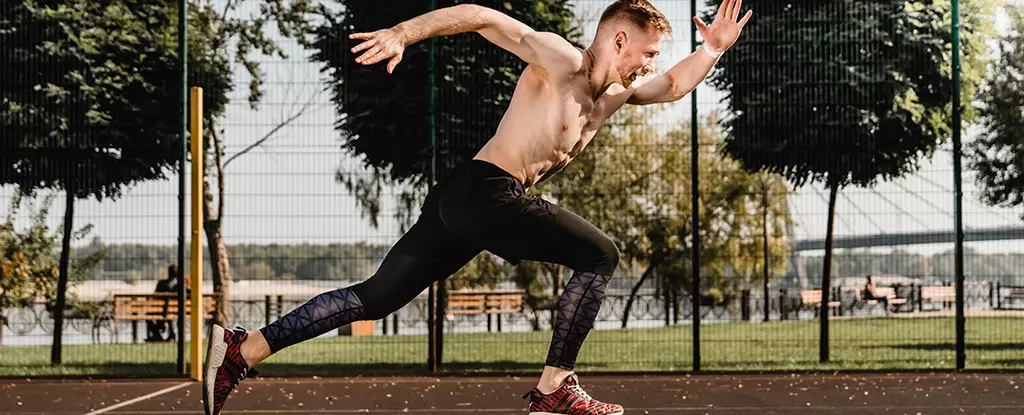In the realm of fitness and health, the benefits of exercise are often lauded to the heavens. However, recent research has unveiled a potential downside to extreme physical activity, particularly for those who engage in rigorous exertion regularly. A comprehensive 2023 study involving over 4,700 post-exercise fluid molecules, focused on firefighters, raises questions about the relationship between intense exercise and immune system functionality. This study suggests that even the fittest among us may be at a heightened risk of infection immediately following strenuous workouts. The implications for high-performance athletes, firefighters, and other individuals in demanding occupations are not trivial.
Pacific Northwest National Laboratory (PNNL) biomedical scientist Ernesto Nakayasu highlights a crucial revelation from this research: “People who are very fit might be more prone to viral respiratory infection immediately after vigorous exercise.” This statement invites a reexamination of the widely held belief that regular exercise invariably fortifies our immune health. While moderate exercise is generally associated with enhanced immunity, the period immediately following intense physical strain appears to create an environment ripe for vulnerability.
The study represents one of the few pieces of evidence suggesting a potential immune suppression scenario post-exercise; however, it leaves the question of causation versus correlation hanging in the air. Historical assessments have shown that athletes occasionally report upper respiratory infections after periods of intense activity, yet whether these instances are directly related to their workouts remains debatable.
To probe deeper into this conundrum, Nakayasu and his team collected and analyzed samples from 11 firefighters before and after 45 minutes of carrying heavy gear up hilly terrain. The study’s design aimed to uncover what biological changes accompany fatigue-induced exhaustion. According to bioanalytical chemist Kristin Burnum-Johnson from PNNL, this detailed examination enables researchers to detect potential dangers from intense exertion early on.
The findings from the study are intriguing: amidst physiological adjustments necessary to meet the demands of rigorous exercise, a notable decrease in inflammatory molecules was observed. This phenomenon, coupled with an increase in opiorphin—often linked to improved blood flow during physical activity—suggests an adaptation that may come at the cost of immune robustness.
Another layer of complexity arises with changes detected within the oral microbiome of the participating firefighters post-exercise. The increase of antimicrobial peptides in the mouth after intensive physical activity points to a biological response tailored to counteract immune suppression. However, the researchers cautioned that this spike in antimicrobial agents did not exhibit efficacy against E. coli growth, raising concerns about the overall capability of these peptides in warding off infections.
The literature is far from settled on whether these physiological changes signify a failure in immune response or instead an advanced state of immune regulation. The nuances of immune responses highlight the body’s complex attempts to maintain homeostasis while under stress.
Addressing Limitations and Future Directions
Despite its contributions, the study’s limited sample size and narrow demographic focus—focusing solely on healthy, active males—underscore the need for further investigation. The unique exposure firefighters encounter to various environmental pollutants during their line of work further complicates our understanding of how these factors may influence immune responses. To fortify the findings, further research comprising a more diverse population is crucial.
While intense exercise delivers numerous benefits for physical and mental health, this important study raises a cautionary flag. The balance between vigorous workouts and immune health remains precarious, necessitating additional exploration. As we delve deeper into the complex relationship between exercise and immunity, both individuals and practitioners must remain vigilant, ensuring that the pursuit of fitness does not inadvertently compromise health.


Leave a Reply